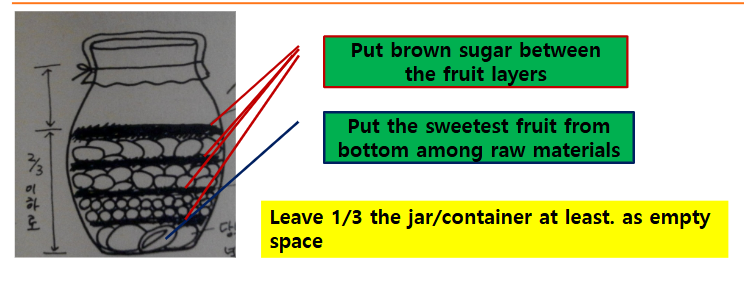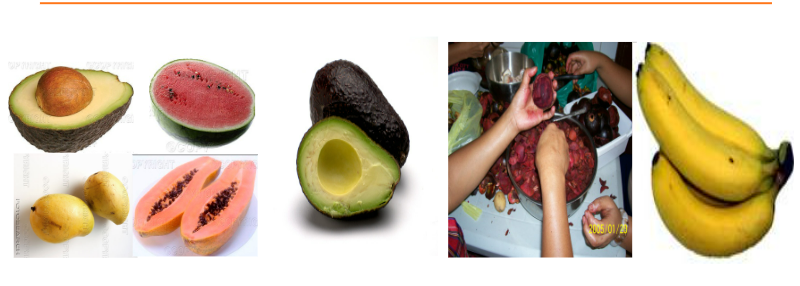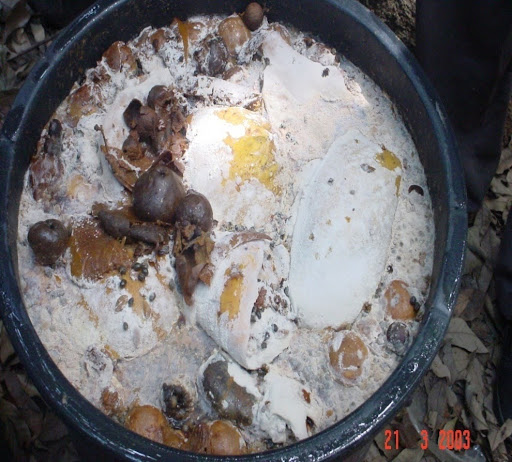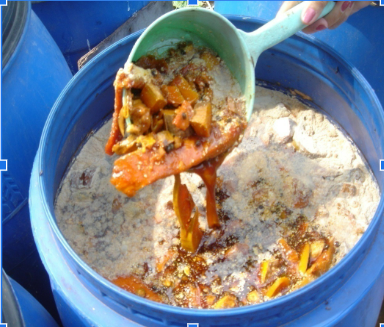The Art of Fermented Fruit Juice: Benefits, Preparation, and Usage
ECOFRIENDLY FARMING


Understanding Fermented Fruit Juice
In the journey toward sustainable and eco-friendly farming, natural inputs like Fermented Fruit Juice (FFJ) are gaining popularity for their effectiveness and affordability. FFJ is a key component of Korean Natural Farming (KNF), a method that empowers farmers to use locally available resources to enhance plant growth, improve soil health, and reduce dependence on chemical fertilizers.
What is Fermented Fruit Juice (FFJ)?
FFJ is a liquid fertilizer made by fermenting ripe fruits with brown sugar. The fermentation process extracts nutrients, enzymes, and beneficial microorganisms from the fruit. The result is a nutrient-rich solution that promotes plant growth, stimulates flowering and fruiting, and enhances soil microbial life.
Benefits of Fermented Fruit Juice
Natural Growth Booster
FFJ contains natural sugars, hormones, and enzymes that stimulate plant growth, especially during the vegetative and flowering stages.Cost-Effective and Accessible
You can make FFJ using overripe or leftover fruits and locally available brown sugar—no need for expensive synthetic fertilizers.Improves Soil Microbiology
FFJ supports beneficial microbes in the soil, promoting healthier and more resilient crops.Enhances Plant Immunity
The bioactive compounds in FFJ help plants better resist pests and diseases.
Incorporating fermented fruit juice into your diet can be highly beneficial. These juices are rich in probiotics, which are beneficial bacteria that promote a healthy gut microbiome. A balanced gut flora can support digestion, boost the immune system, and even improve mental health. Additionally, fermented fruit juices retain the vitamins and minerals present in the original fruit, offering nutrients such as vitamin C, potassium, and antioxidants that can help combat oxidative stress.
Moreover, fermented varieties of fruit juices are often lower in sugar compared to their non-fermented counterparts due to the metabolic action of yeast during fermentation, resulting in a more balanced taste. Regular consumption can contribute to overall well-being and aid in detoxification processes.
How to Make Fermented Fruit Juice.
Materials Needed:
1 part ripe, sweet fruit (bananas, papaya, mangoes, or any local fruit)
1 part brown sugar (by weight)
A clean container with a loose-fitting lid
A breathable cloth and rubber band
Process
Prepare ripe fruits of (banana, pine apple, papaya, guava, guayabano, mango, and other tropical fruits available in the area)
Total materials and brown sugar ratio 1:1 (weight base) : Ripe fruits 1kg : brown sugar(1kg)
Put the fruits and brown sugar repeatedly from the sweetest fruit.
Do not fill materials over 2/3 of the jar or container.
Cover the jar or container with clean paper and ferment it in the cooling place for 7days or more.
Harvest the juice only as much as you need (you do not need to harvest it all in one time). You can keep it in a cool place without harvesting all juice, but if you want harvest all in one time you can also pour it in jar or plastic container half sealed and keep it in a cool place or bury it.
FFJ-Assorted fruit after 7 days mold will appear Five day old fermented fruit juice looks like sludge jam
How to Use FFJ on Your Farm
For Vegetative Growth: Dilute 2 tablespoon of FFJ in 10 liter of water and spray on leaves or apply to soil weekly.
For Flowering & Fruiting: Use fruits high in potassium (like bananas or papayas) and apply diluted FFJ to support flowering and fruit set.
In Composting: Add to compost piles to accelerate decomposition and enrich microbial activity.
Conclusion
FFJ is more than just a fertilizer—it's a way to reconnect with natural processes and reduce dependency on external farm inputs. By incorporating FFJ into your routine, you are supporting a healthier farm ecosystem and producing food that is both sustainable and chemical-free.
Have you tried making FFJ on your farm? Share your experience and tips on our social media platforms 🌿on instagram; kfcs_embu_kenya or facebook; Kirurumwefcs Embu Coffee
Stay tuned for more natural farming tips and tutorials from the Kirurumwe Farmers Cooperative Society.










